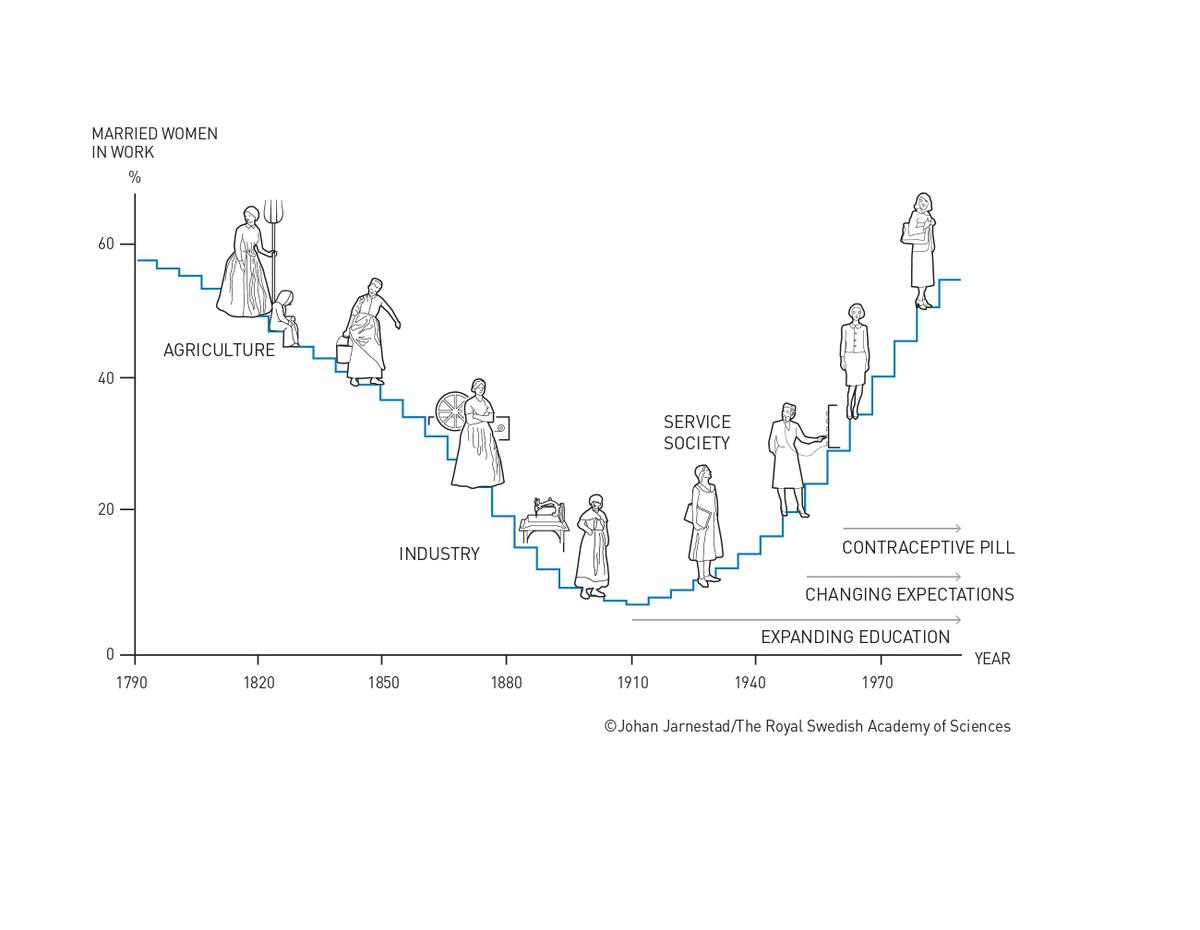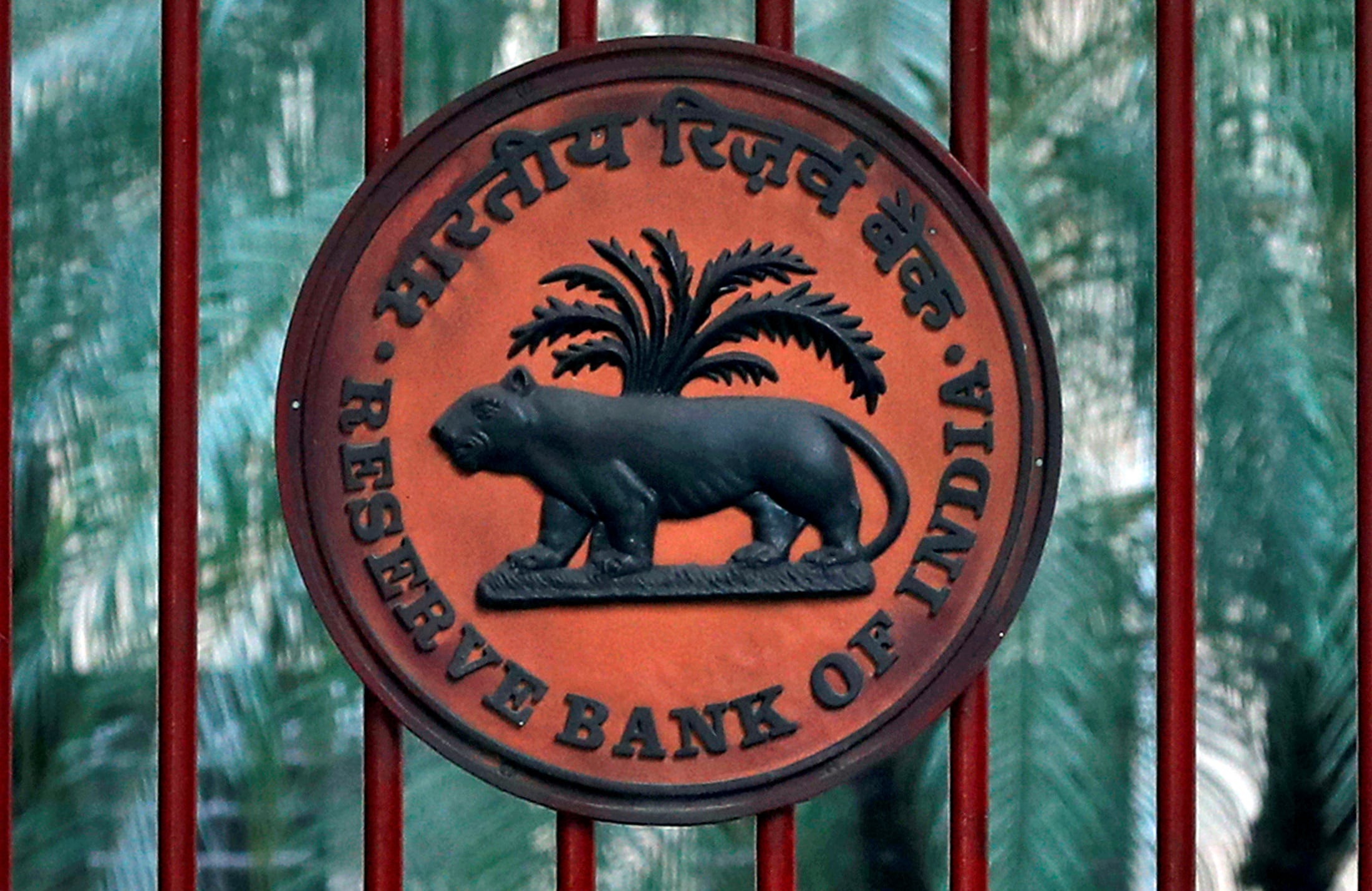The GST Council decided to clarify levy of 28 per cent GST on online gaming platforms
New Delhi:
As states like Delhi and Goa raised the issue of tax demand on online gaming companies and casinos retrospectively, Revenue Secretary Sanjay Malhotra on Saturday reiterated that 28 per cent GST was levied on online gaming and casinos even before.
“Certain members had raised the issue of retrospective taxation. It was informed to them that this is not retrospective, and this was the law earlier. These liabilities already existed because money online games played with bets…They were already attracting (28 per cent GST) by way of betting or gambling,” Malhotra told reporters.
In the 52nd GST council meeting, Delhi and Goa raised the issue of tax demands on e-gaming companies and casinos.
Delhi Finance Minister Atishi said tax notices for the past 6 years calculated at a much higher rate of 28 per cent are being sent to online gaming cos, even though on October 1, this 28 per cent GST was to be implemented.
“An industry whose revenue is Rs 23,000 crore, you are slapping a tax notice of Rs 1.5 lakh crore…this is to kill the industry. This shows an unsafe erratic investment environment in Indian startups,” Atishi said.
Malhotra further said that some states like Delhi and Goa raised the issue of online gaming companies facing GST demand notices for alleged evasion.
“There were discussions on charges (tax demand notice) on these companies, retrospectively. Because DGGI is an independent body, there cannot be any interference. The (GST Council) chairperson said she would make clarifications available to DGGI if required,” Chhattisgarh Deputy Chief Minister TS Singh Deo, also a member of the GST Council, said.
The GST Council in its meetings in July and August had decided to clarify the levy of 28 per cent GST on full face value of bets placed on online gaming platforms and horse racing and casinos.
Online gaming, casinos and horse racing were classified as actionable claims, like lottery, betting and gambling, under GST with 28 per cent tax. The amendments to Central GST and Integrated GST were approved by Parliament and were notified by the central government effective October 1.
States were also required to pass amendments to state GST (SGST) laws. So far, 18 states have passed the amendments either in their assembles or through ordinance.
The remaining 13 states would also be passing the amendments, with effect from October 1 in due course.
Waiting for response to load…









